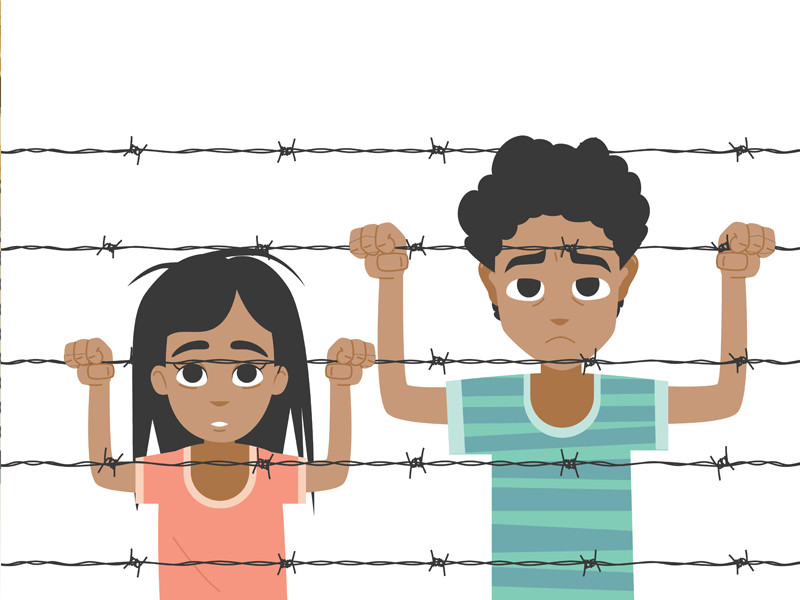Port-Au-Prince: The resurgence of cholera in violence-stricken Haiti after three years without a single reported case threatens the well-being and health of 1.2 million children living in Haiti’s capital, Port-au-Prince, the United Nations Children's Fund (UNICEF) has warned.
As the country grapples with clashes between armed groups and violent protests over price hikes, seven deaths have been reported, and five positive cases are confirmed. An additional 60 suspected cases are being investigated in the metropolitan area of Port-au-Prince. Medecins Sans Frontieres (MSF) has also recently reported that a three-year-old child died from cholera. Cholera is a water-borne disease-causing acute diarrhoea and can be lethal if not treated within the first few hours.
"With the rising violence and insecurity, many of the poorest Haitian families have no option but to drink and use unsafe water," said Bruno Maes, UNICEF Representative in Haiti, in a media release on Tuesday.
"Families are unable to buy soap to wash their hands, garbage is not collected in the streets, hospitals are closed or unable to operate. All these ingredients have turned Haiti into a time bomb for cholera. Now it has exploded," Maes added.
The cholera upsurge occurs as social unrest and violence pervade the country, restricting or delaying the delivery of basic services, including at hospitals and through water supply facilities. As a consequence, 17 of the 22 major sanitary structures are at risk of closing due to lack of fuel. 50,000 children and newborns may not receive medical care in the coming weeks. And 7,000 victims of sexual violence could be left untreated by the end of the year. Additionally, three quarters of major hospitals across Haiti are failing to provide regular services due to the fuel crisis, insecurity, and looting.
Children and families in need are also unable to access humanitarian supplies due to violence. Supplies shipped to the port of Port-au-Prince are not being distributed within the country because the port is controlled by armed groups. Access to areas where cholera cases have been confirmed or are suspected remains challenging due to insecurity, while the fuel crisis further complicates the response to the resurgence of cholera.
According to the latest available malnutrition data for Cité Soleil, which recorded the first cholera case in the country, one in five children under the age of five is suffering from severe or moderate acute malnutrition. Due to the paucity of basic services in Cité Soleil, there is a concern that many children may die from this resurgence of cholera.
"Cholera can easily spread like wildfire throughout Haiti if people continue to have no or limited access to basic health, water and hygiene services due to insecurity," said Maes.
"To reduce the risks of a major outbreak, our most urgent concern is not only to buy and deliver safe water, chlorine and soap, but to find ways to reach the poorest families in the areas controlled by the gangs," Maes added.
Cek Berita dan Artikel yang lain di Google News
FOLLOW US
Ikuti media sosial medcom.id dan dapatkan berbagai keuntungan



















